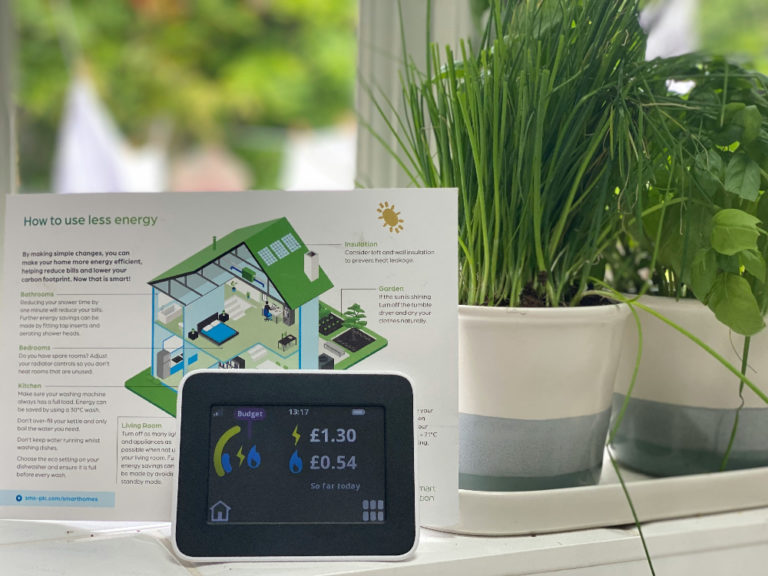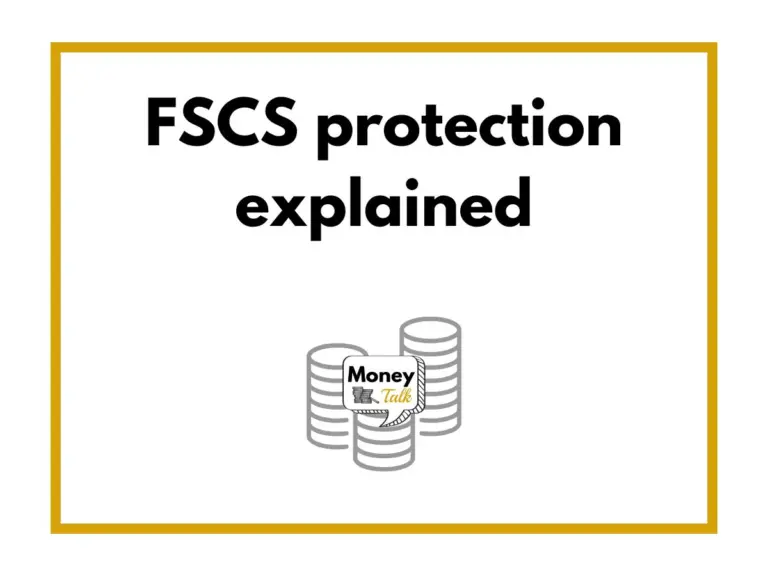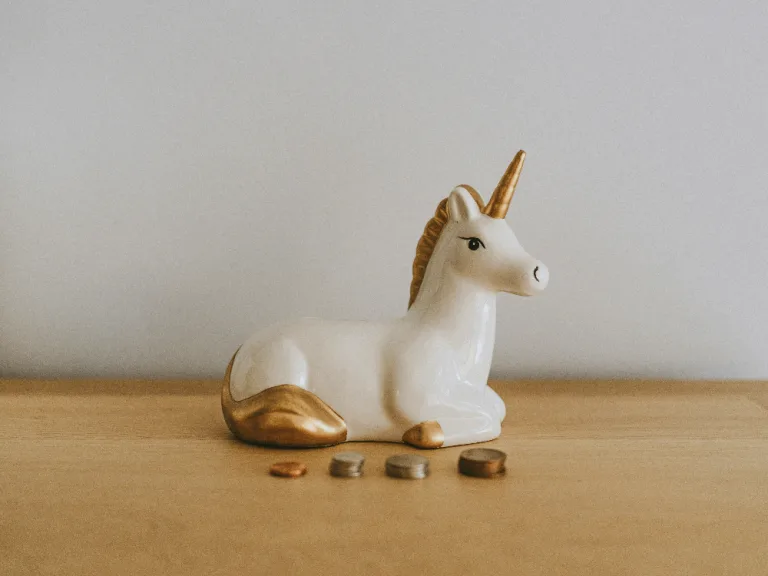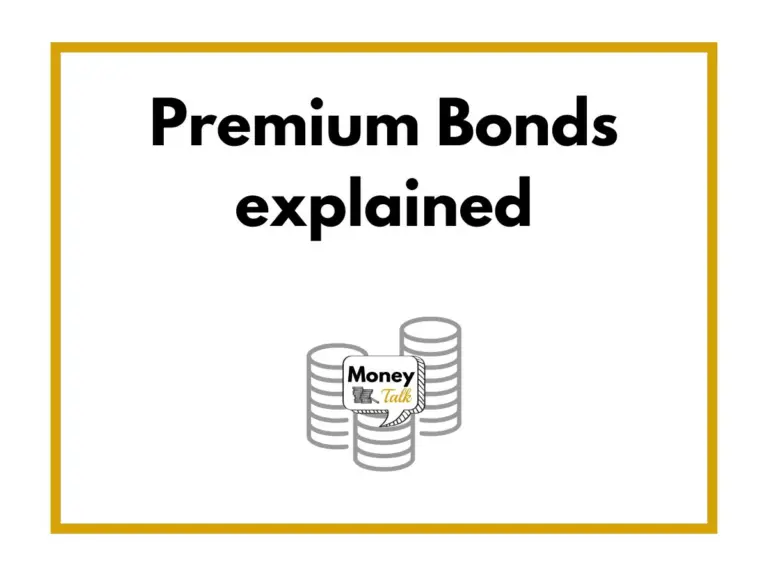Do you really need an ISA?
Money Talk is intended to inform and educate; it's not financial advice. Affiliate links, including from Amazon, are used to help fund the site. If you make a purchase via a link marked with an *, Money Talk might receive a commission at no cost to you. Find out more here.
If you’ve got the spare cash, an ISA will let you save £20,000 a year tax free.
Opening one should be a no-brainer but it’s not always as clear cut as that.
Cash ISAs don’t always offer the best interest rates while stocks and shares ISA will carry all the risks of investing.
So is it worth getting and ISA? Or would your money in fact be better off elsewhere?
Are ISAs good value?
The answer to whether ISAs provide good value will depend on three main things: your income, the amount you have saved and your risk appetite.
Your income
Everyone has a Personal Savings Allowance that’s determined by their income tax bracket.
As a basic rate tax payer, you can get up to £1,000 in interest earnings a year without paying tax on it.
If you’re in the higher rate bracket this is reduced to £500, while those in the additional rate bracket have zero.
Those on lower incomes will also benefit from the starting rate for savings, which allows you to earn up to £5,000 a year in interest without paying any tax on it.
This £5,000 allowance starts to decrease once you start earning £17,500 or more a year, and eventually becomes zero.
If you’re in the additional rate bracket, having an ISA is obviously a no-brainer.
But even those on lower incomes should bear in mind that your tax bracket isn’t just determined by your income, it’s your income plus any interest rates received, including from sources like peer-to-peer lending.
So if your interest rate income might push you into the next bracket, it’s worth getting an ISA.
An alternative might be to top up your pension and take advantage of the tax breaks there.
The amount of money you have saved
For everyone other than those in the additional rate bracket, the amount of money you have saved will also be important.
If you don’t have much saved, it’s unlikely your interest income will push you over the tax threshold, especially when interest rates are low.
If you can get a better rate of return on a regular savings account than a cash ISA, it makes sense to do that.
Your appetite for risk
If your money is in a savings account paying less interest than inflation, you’re effectively losing money over time.
If you have an appetite for risk however, it might be worth putting your money into a stocks and shares ISA where returns from investments can be much higher than any interest rate offered by banks.
Of course, you might also lose some or all of your money and it’s important you do your research before you make any investments.
So do ISAs still offer good value? Well, it all depends on your circumstances.
Pin this for later








